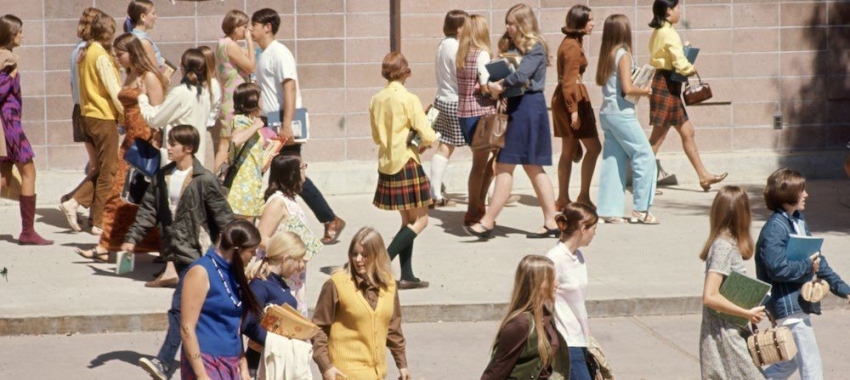When you’re helping your child find the right school, whether it’s an elementary school, middle school, or high school, you need to watch for a few things. Every school should be toured, and you have the right to ask for details. The wrong school could make your child miserable or even unsafe.

When you tour a school, here are some questions you should ask.
Is there a bullying problem at this school? While you’ll want to watch for key signs yourself, you should also ask about school bullying. Does the school have an anti-bullying policy that’s passionately enforced?
What is the school security like? Because of tragedies in the last few years, most parents have become concerned with school security. Does the school have a technology protecting students? Is it basic or military-grade? How prepared is the school for a potential threat?
What are the various programs offered? Does the school provide band, art classes, dance, or theater? If your child has a particular passion, such as speech and debate, does the school excel in that area? Are there STEM education courses available to help prepare your child for the modern workforce?
Is bus transportation available? Ask about your child’s free transportation options.
What’s the school’s philosophy on homework? Schools can be between two extremes when it comes to homework. Some give students as many challenges as they can, preparing them for top schools. Others are concerned with burnout and give students little to no homework. While homework can vary from teacher to teacher, school reform tends to request less homework. Ideally, a school will fall between these extreme and give both a challenge and proper breaks.
Are there Advanced Placement or International Baccalaureate options? If your child is highly skilled in a certain area such as math, science, or literature, ask about the advanced placement classes a school offers. Ask about academic record. What scores do students get? For lower grades, what scores on benchmark exams?
What is the library like? Ask to see the library space, see what books they offer, and meet the librarian.
What is the average class size? Smaller class sizes can promote greater teacher-student interaction. Ask about class size to see how much every teacher is dealing with.
Is there a PTA? If you want to be involved in your child’s education, ask about parent-teacher associations. Does the school have one? How often do they meet?
Besides asking questions, you should also keep your eyes open for a few key details.
How do the teachers seem? You can tell a lot about a school by the way the teachers are behaving. Your tour guide might be all bubbles and sunshine, but if teachers seem tired, snappish, or stressed, that’s a sign that classroom environments are hectic or that upper management is not good. It may also be indicate trouble students: children or teens who have difficulty listening or blatantly misbehave. You’ll have to decide whether you want your child to navigate an environment like that.
Are the classrooms cheerful? In a great school, students will seem interested in their lessons, awake, and generally in a good mood. Watch out for schools were students slump with glazed eyes, and the teacher hardly asks questions. Lethargic students may be bored, not challenged enough, or have an outside issue. (Expressionless students can be another sign of a bullying problem, because they’re afraid to engage in the classroom.)
How do students behave in the hallways? Are students happy, chatting, and acting kindly towards lower grades? Are they moving quickly, heads down, or watching you suspiciously? You can learn a lot about the school by how students act in the halls.
Is the school clean? Last, but not least, notice the school’s appearance. Are corners dusty? Bathrooms grimy? The school should be clean and well-lit.
